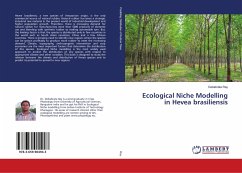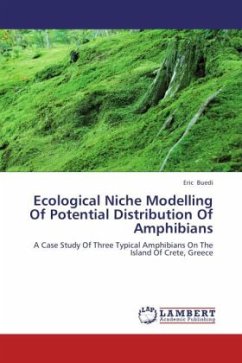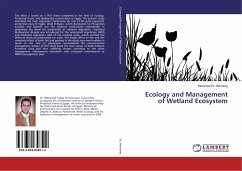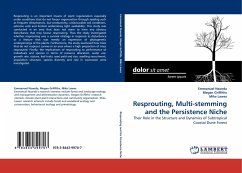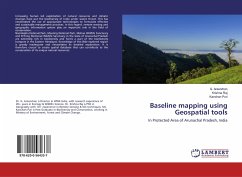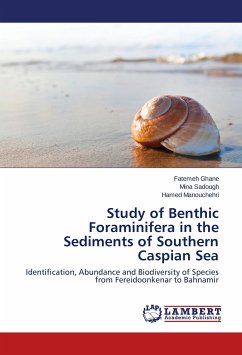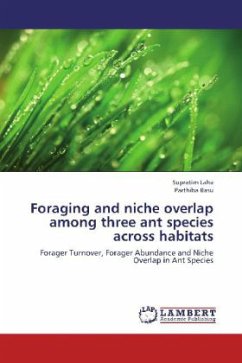South American temperate forests are globally exceptional for their high concentration of endemic species and high levels of anthropogenic habitat disturbance. This book shows a study on how environmental and habitat conditions might influence the ecology of sympatric forest owls, and evaluate whether owls can be used as surrogates for temperate forest functional biodiversity and local endemism. With increasing occurrence of habitat-specialist owls, the density of target specialized biodiversity (guilds and communities) increased non-linearly and peaked at the least degraded sites. This study suggest that forest management practices that maintain multi-aged stands with large trees and high bamboo cover will benefit habitat-specialist owls, and likely will benefit vulnerable endemic species and specialized avian communities in temperate forests.
Bitte wählen Sie Ihr Anliegen aus.
Rechnungen
Retourenschein anfordern
Bestellstatus
Storno


